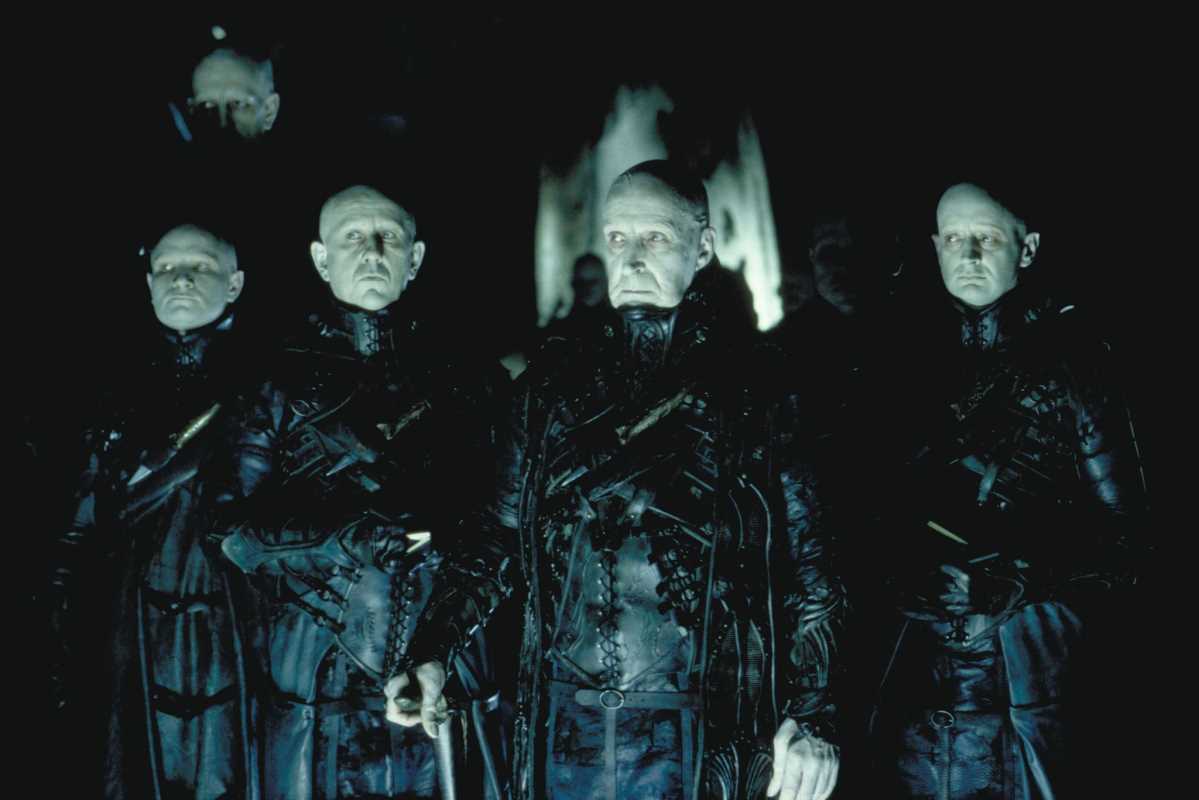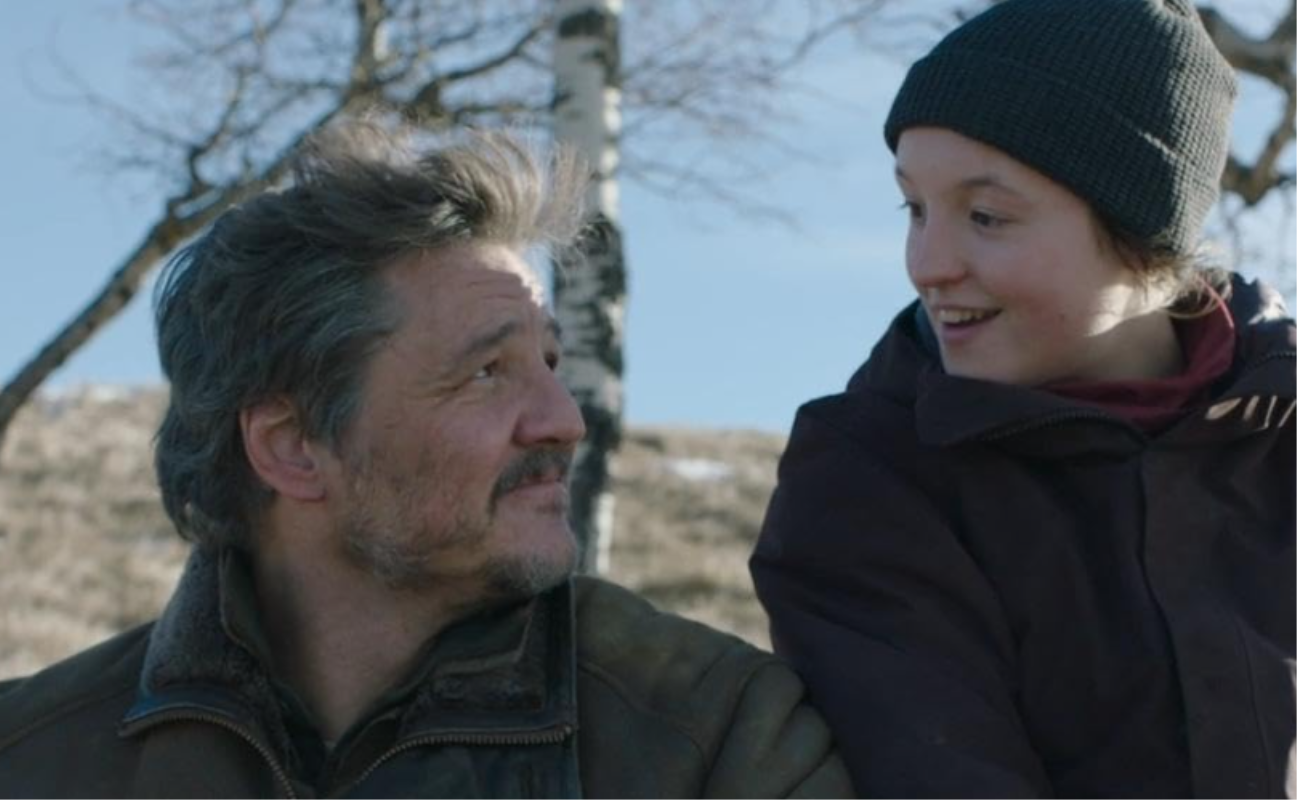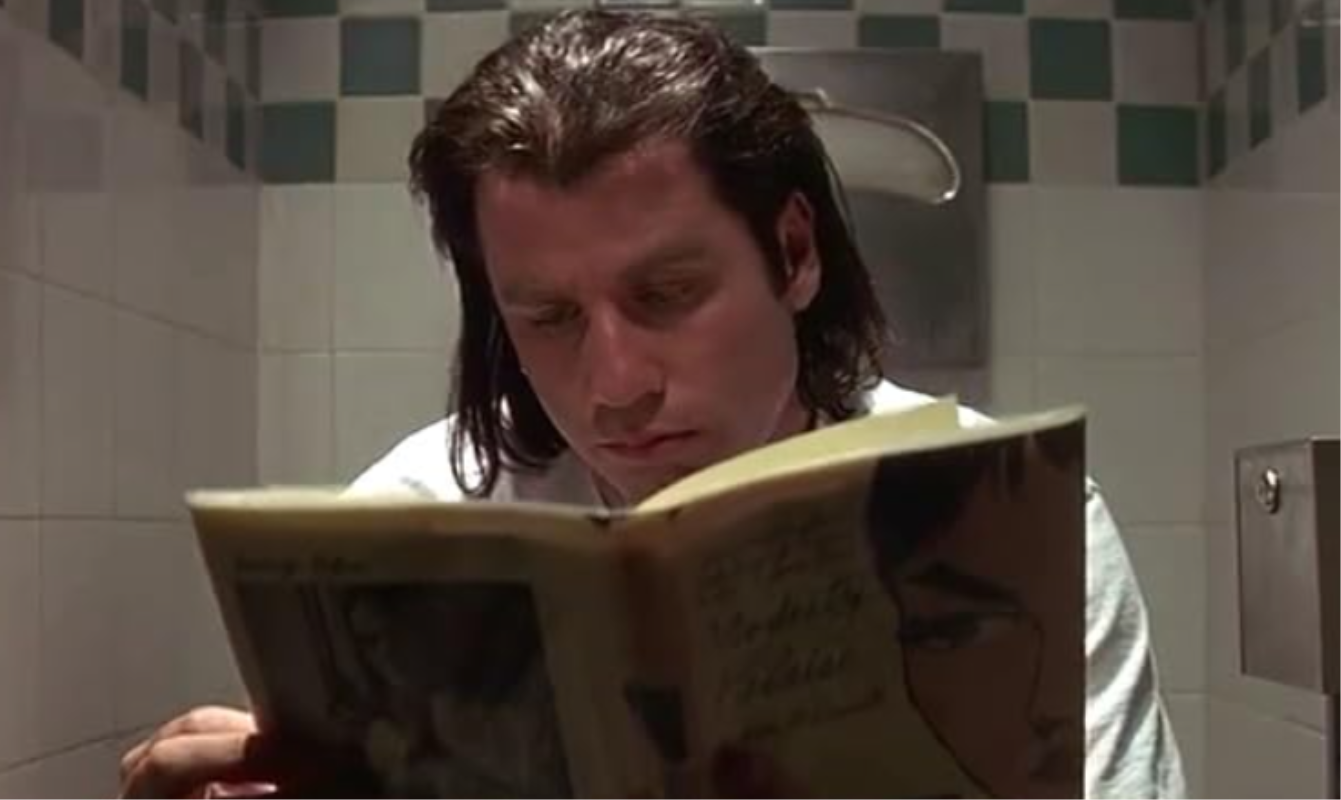Lately, there’s been a quiet but undeniable shift in the entertainment world. While blockbuster franchises and sprawling TV sagas still have their place, it’s the compact, brilliantly tailored mini-series that are stealing the show. These limited-run series are proving you don’t need dozens of episodes or a multi-season arc to tell a story that hooks audiences, leaves them breathless, and sticks with them long after the credits roll. With their laser-focused narratives and no room for filler, mini-series deliver all the punch of a great movie stretched just enough to create deeper connections and richer storytelling. Viewers are devouring them, platforms are prioritizing them, and creators are flocking to this format to explore stories with an intensity and purpose you just can’t find in traditional formats. There’s something undeniably magnetic about a show that respects both your time and your emotions, and the mini-series nails this delicate balance every time.
A Story, Perfectly Packaged
Here’s the thing about mini-series that makes them pure gold for storytelling buffs. They don’t waste your time. Whether it’s five episodes or eight, mini-series are meticulously crafted to tell a complete, self-contained story. Every plot point, every interaction, every line of dialogue feels deliberate. There’s no meandering side-story about the protagonist’s random neighbor or a filler episode about a character’s trip to the grocery store.
Take Chernobyl (2019) as an example. Over just five episodes, this series delivered a relentlessly gripping story about one of the most devastating nuclear disasters in history. It pulled no punches, balanced science and drama perfectly, and left you with a lingering sense of awe. Imagine stretching that out over ten 20-episode seasons. Not only would it lose its impact, but it would probably bore you to tears before you got to the critical reactor explosion. Mini-series know their limits and work within them beautifully. They’re the ultimate test of restraint. And in an era of bloated TV content, restraint is downright refreshing.
One-and-Done Commitment
Be honest. You’ve probably eyed a show on your Netflix queue, thought about committing to six or seven seasons, and promptly backed out to rewatch some comfort series (Parks and Rec hive, where you at?). The beauty of a mini-series is that it doesn’t ask for long-term loyalty. It gets in, tells its story, and gets out.
Whether it’s sinking into the thrilling chessboard drama of The Queen’s Gambit (2020) or navigating the dark, gritty twists of Mare of Easttown (2021), you can commit fully knowing the show isn’t going to throw five subpar seasons your way just to milk its popularity.
And in this attention economy—with endless TikToks, Instagram Stories, and twenty different streaming services vying for our eyeballs—not needing to commit long-term feels like a blessing. Mini-series are perfect for the binge-watch culture we live in, delivering full, rich cinematic experiences without the multi-season headache.
Bigger Budgets, Better Quality
One of the underrated aspects of mini-series is how much money gets poured into them. Since the runtime is shorter, the budgets often feel concentrated. Each episode is meticulously polished, avoiding that end-of-the-season, “we’re running out of money for CGI” vibe (CW, I see you).
Take Chernobyl again for a moment (sorry, but it’s basically the blueprint at this point). Everything about that mini-series screams quality, from the breathtakingly bleak cinematography to the immaculate period-accurate costumes. Or how about The Queen’s Gambit and its jaw-droppingly stylish production design? Who knew watching competitive chess could look this good? Mini-series pack the visual and narrative wallop of a blockbuster movie, stretched just enough to give you a meatier experience, but not so much that it feels like a slog. It’s no coincidence that in the era of mini-series, we’ve started seeing A-list actors flock to the small screen. Nicole Kidman, Kate Winslet, Ewan McGregor, Anya Taylor-Joy… the list goes on. Mini-series offer actors the juicy roles they love without the commitment of a soul-sucking multi-season contract.
Timely, Modern Stories
Mini-series also have the advantage of feeling timely. Full-length TV shows often stall in development hell or take a year or two between seasons (if you’re lucky). By contrast, mini-series are agile, able to respond to cultural moments in real-time.
For instance, Mare of Easttown resonated so strongly during its release not just because it was a sensational crime drama (it was), but because it offered a raw, unflinching look at small-town life, grief, and addiction. Its relevance to modern issues gave it immense cultural depth that a stretched-out, years-long series wouldn’t have maintained as poignantly.
Similarly, The Queen’s Gambit became an instant global hit partly because of how flawlessly it captured its time period and Beth Harmon’s empowering, chaotic ascent in a male-dominated world. It felt like something we all needed during its 2020 release, and it didn’t overstay its welcome.
Mini-series thrive because they capture the zeitgeist with laser-focused precision, while traditional TV often struggles to maintain relevance across multiple seasons.
No Forced Cliffhangers
You know what I’m talking about. That feeling at the end of a TV season when you can tell the writers flipped a coin about whether they’d get renewed for another year? Yeah, none of that nonsense with mini-series.
With no pressure to set up cliffhangers or tease future seasons, mini-series can end in a way that feels satisfyingly conclusive. I mean, do you want more of The Queen’s Gambit? Of course. But do you need a second season? Not at the expense of ruining the pristine arc the first season created.
It’s not that we don’t love long-running shows (I’ll ride or die for Breaking Bad any day). But mini-series thrive in their ability to stick the landing without worry about leaving the door open for more. They’re about telling the story, not building a brand.
Are traditional TV shows dead? Hardly. But mini-series have carved out a permanent place on our screens and our watchlists. They’ve changed the game. Or rather, they’ve shortened the game and made those smaller segments infinitely more fascinating.







